The launch of a new Bing and a look at the Microsoft/OpenAI relationship
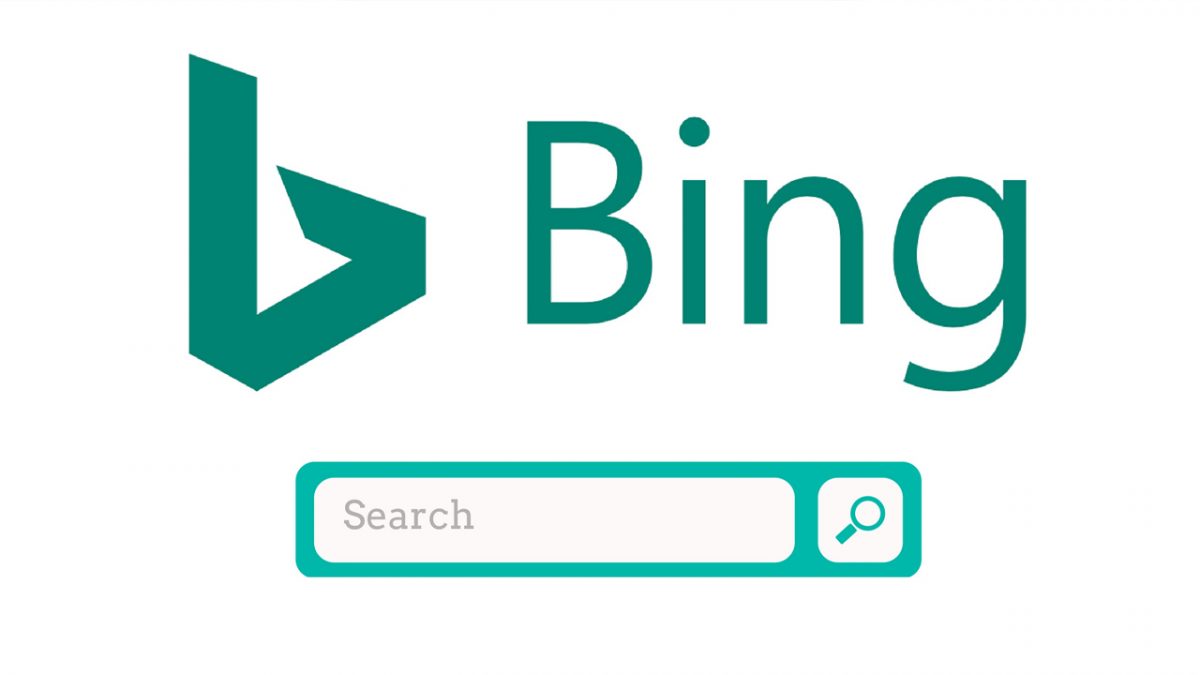
Earlier this week, Microsoft held a special event in Redmond during which they announced the new revolutionary version of Bing. This version is unlike any other search engine and is based on artificial intelligence. Microsoft teamed up with OpenAI and worked tirelessly to launch this one-of-a-kind browser.
On Tuesday, Microsoft announced the new Bing, which incorporates a ChatGPT model into Search. They were quite coy about what OpenAI model undergirded the new system. All they were willing to disclose at this point was that it is more advanced than GPT-3.5 that’s currently being used in ChatGPT. Could this signal the launch of GPT-4? For now, we’ll have to wait and see.

One of the biggest differences between Bing’s new Search and ChatGPT is that it’s vastly more aware of the current state of the web. The user interface works in a very similar fashion. Basically, it’s a chat box that runs alongside your search results, but can be easily accessed. However, unlike ChatGPT you can ask it about current events and get fairly accurate results.
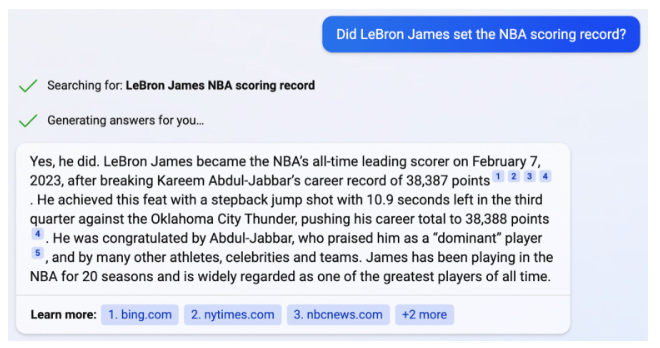
Another difference is that once the answer is generated, there will be reference links included to the information used in the response. Also, while you’re waiting for the answer to be generated, Bing will tell you what it’s searching for. We guess that the purpose of the prompt is to show you how the AI interpreted your question to ensure you get the best results.
To summarize, the new Bing Search has two components. One is the OpenAI-driven model that provides foundational knowledge in a communicative way using natural language. However, at the moment it’s only current up until 2021. Alternatively, the second component is the traditional Bing Search. This means that users can decide how they browse the internet and what type of experience they prefer. With easy side-by-side access to both provided in the user interface.
The corporate Vice President of Search, Yusuf Mehdi, states that Bing’s key breakthrough was the ability to merge both of these components into a single service. Microsoft believes this is a big deal, and according to CEO, Satya Nadella, this announcement will herald a new era in search browsers.
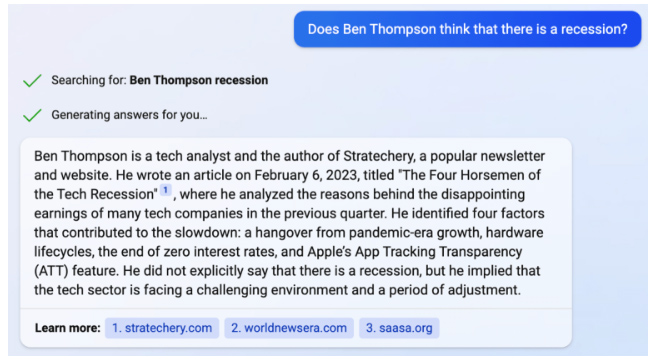
Kevin Scott and Sam Altman also recently conducted interviews in which they talked about the partnership between Microsoft and OpenAI. The partnership brings together the technological prowess of Microsoft, with the AI and research expertise of OpenAI.
The collaboration between the two tech companies started in 2018, and since then, Kevin Scott and Sam Altman have worked closely together ever since. Just recently, they signed a new agreement, and while they can’t disclose the details of what the agreement holds, it could mean more innovative services going forward.
So at the moment, it looks like the partnership between Microsoft and OpenAI is going strong, with both companies benefiting from the relationship. However, there could be some privacy concerns that need to be addressed. For us, this could mean that we’ll see more advancements and revolutionary services being released by both - although nothing official has been announced yet.
Advertisement

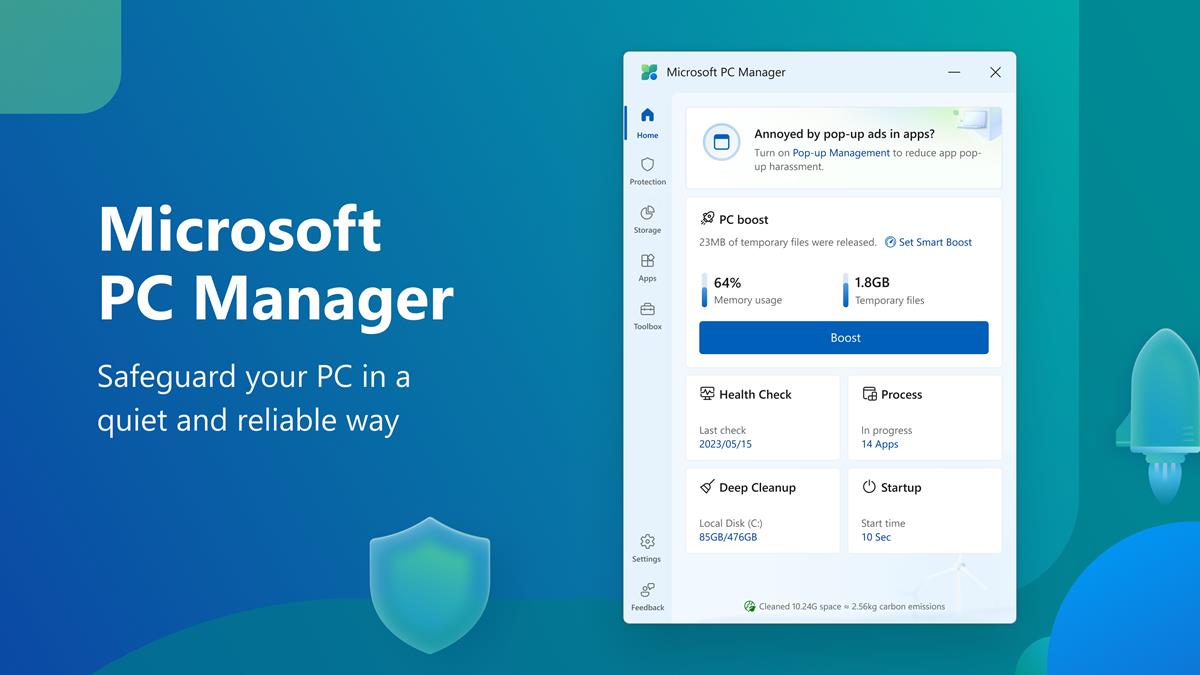

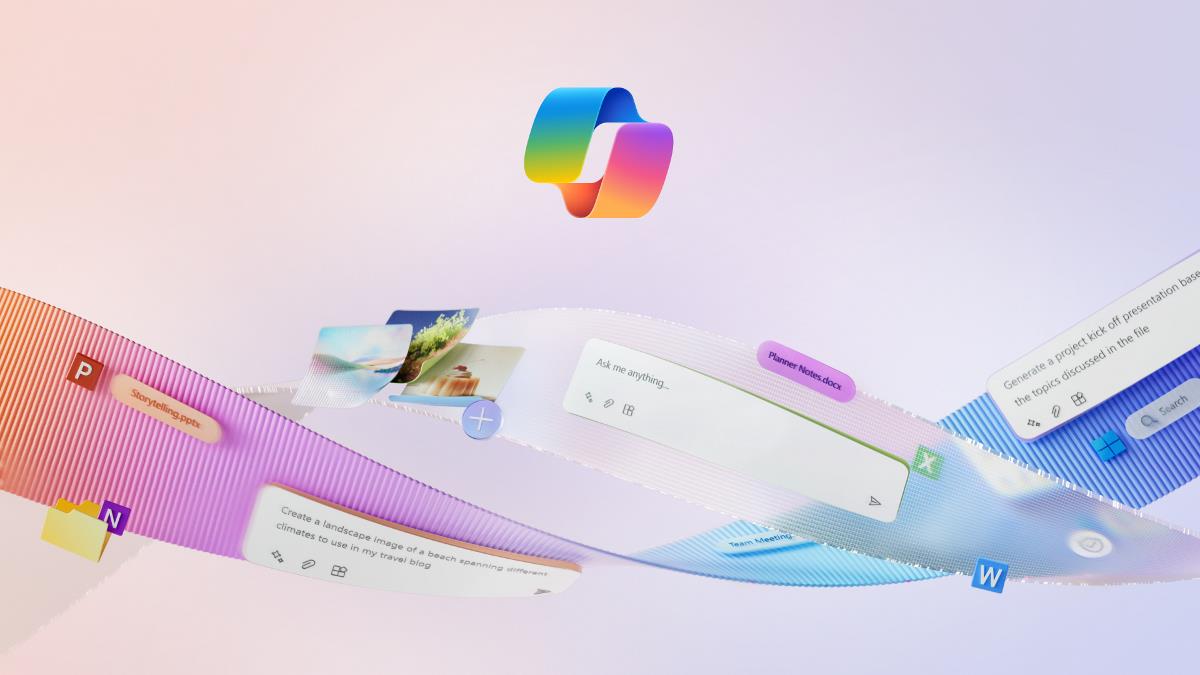
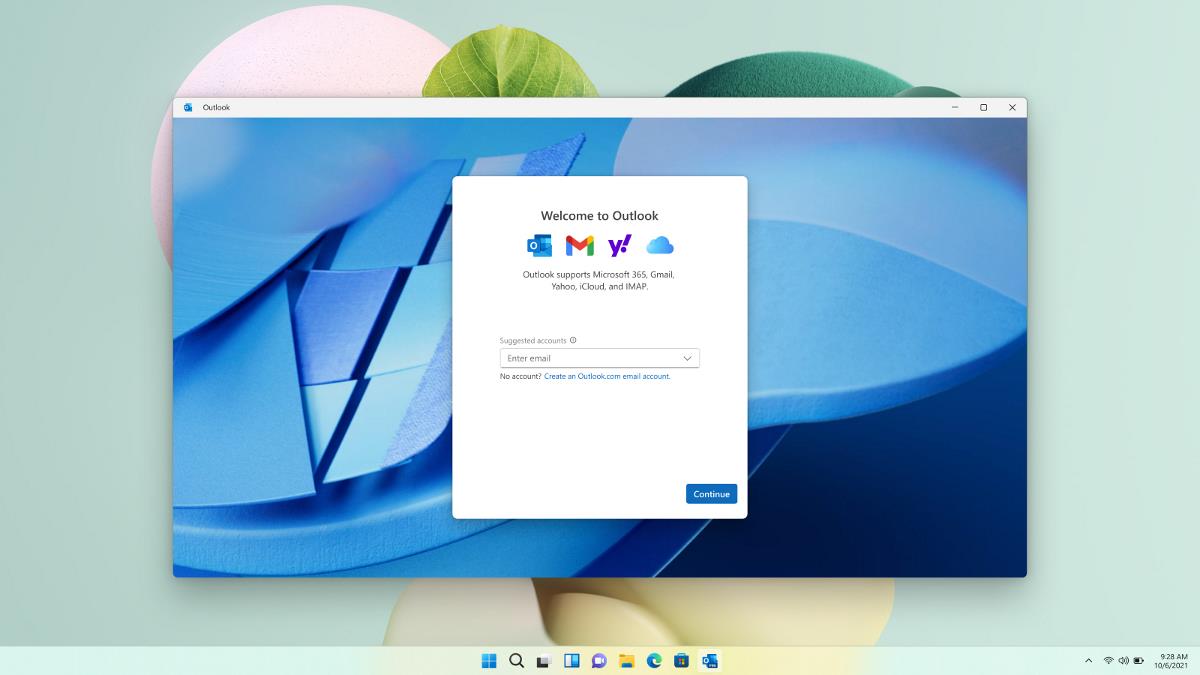

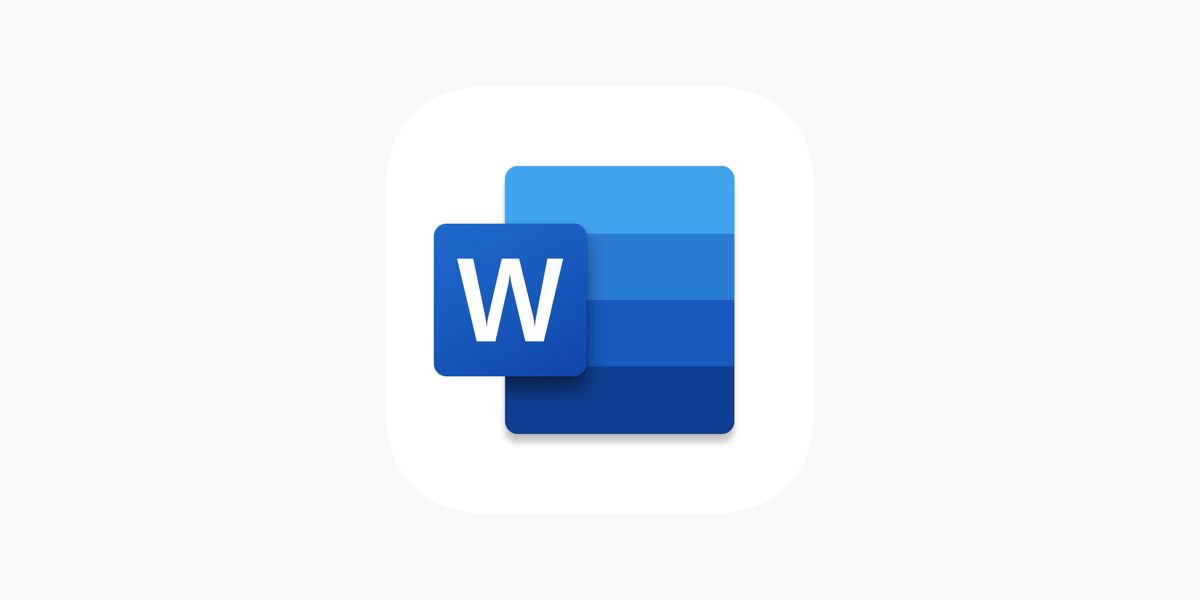
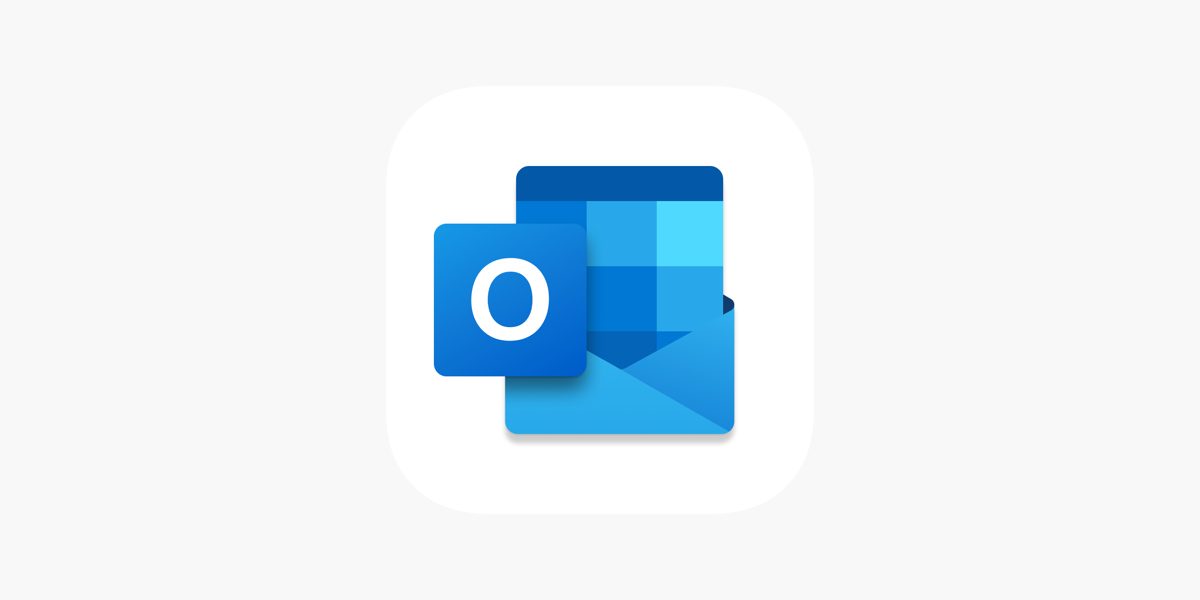
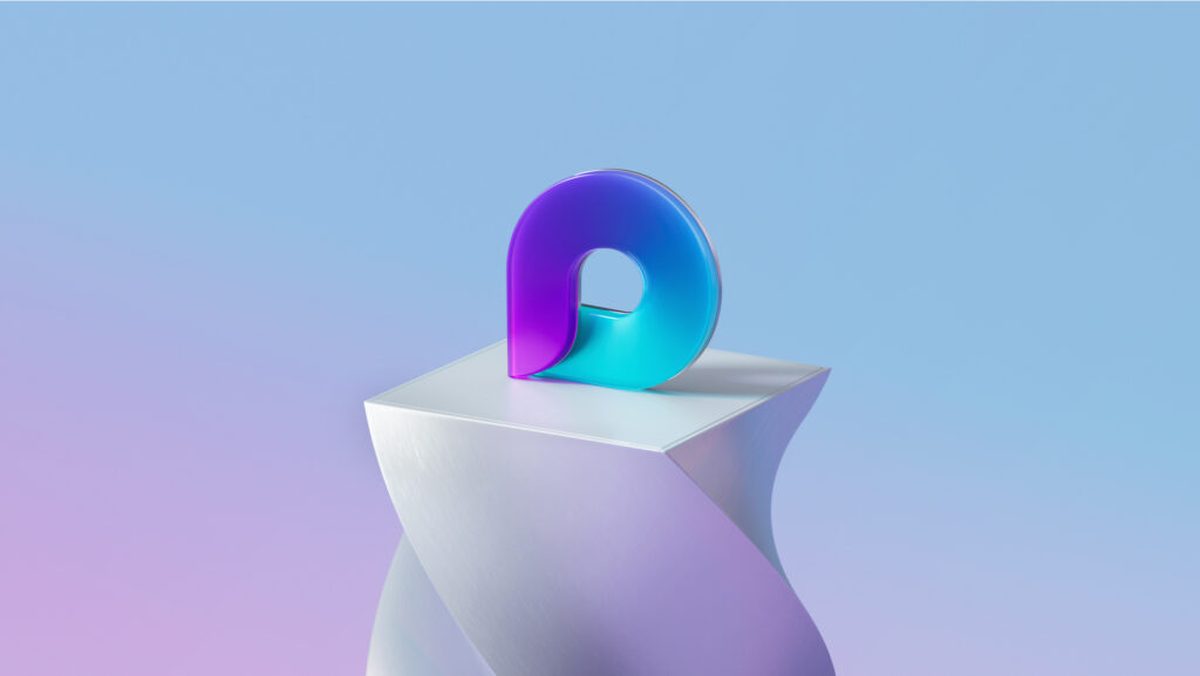
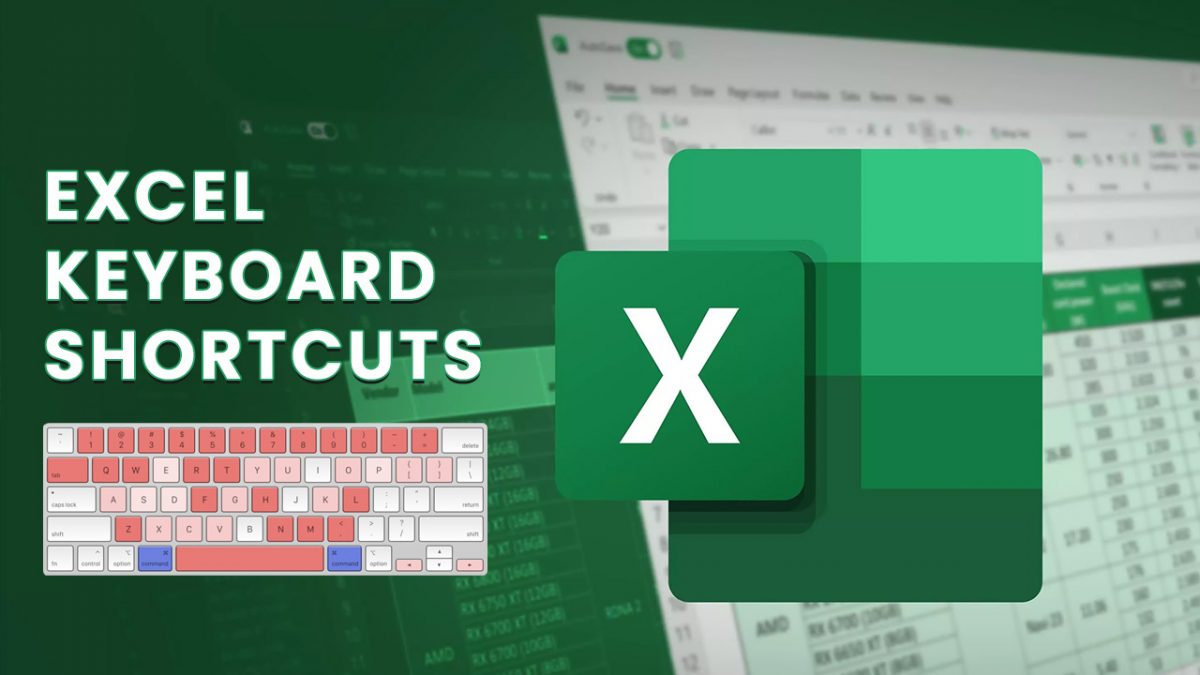









It was exciting when ChatGPT was first released, but now its pretty useless because they neutered it.
Reading the article after having read here and elsewhere the myriad of articles on AI brought to the masses (ChatGPT, ChatGPT à la Bing, Google running after, Chinese even on the row, dedicated, honest or not, applications trying to grab their share like insects on elephants’ back … that I decided to unblock all my system-wide connection blacklists dedicated to Microsoft and its servers in order to open a Bing search in the browser.
No thanks. I mean no thanks to having to endure the connections, cookies, localStorage established by Bing when searching be it the Web only. As Google, the deployment is stunning. Take a search engine respectful of users, a search engine which doesn’t correlate your search to what it already knows of you, all in their data centers, take a truly honest search engine (that eliminates DuckDuckGo), take, I don’t know, a SearXNG instance (for instance!) with no external connections, no cookies, no localStorage … and you’ll have what decency allows ; answers free of tracking.
Be it anything from the GAFAM : forget it. Remains ChatGPT itself, god if a god it is rather than its not so saint saints. From there on remain asking yourself if AI brought to the masses is worth the inevitable harm it already does and will increasingly allow. For the time being count me out of this madness. AI yes, but not irresponsibly brought to the wicked. I anticipate on numerous articles here and elsewhere within this year only describing what is being done for the worst with ChatGPT.
Sounds like a woke, lefty, retarded AI making sure you search inside even bigger ideological echo chamber and never see what they don’t want you to see. What could possibly go wrong?
“once the answer is generated, there will be reference links included to the information used in the response.”
So like Wikipedia without the oversight. I’ve been using ChatGPT and it’s amazing how often it generates false information. You tell it it’s false, it says sorry, and generates more false information.
The new ChatGPT will now be able to generate the same level of false information on more recent data. The only winners here will be Microsoft and Google (in the short term) as this will in bring users, engage them for longer periods and allow them to suck in every bit of surveillance data for “advertising” purposes.
So now we have to contend with AI compromising our privacy, yay?
I can’t be the only one having flashbacks to The Matrix.